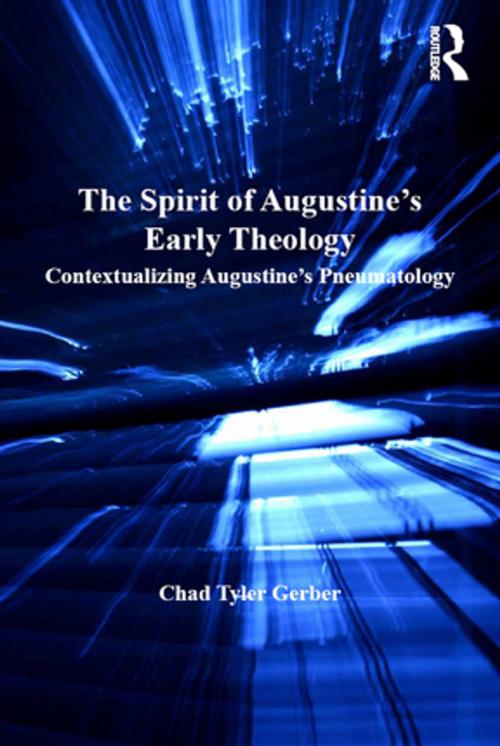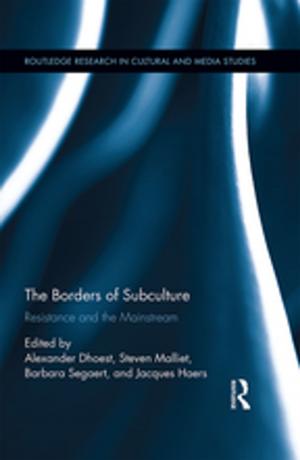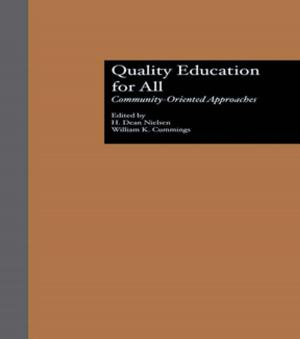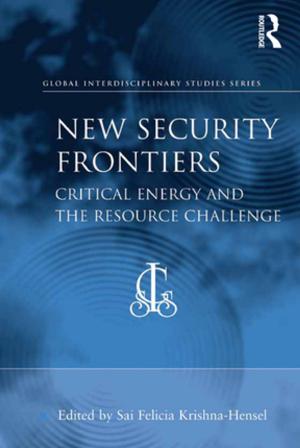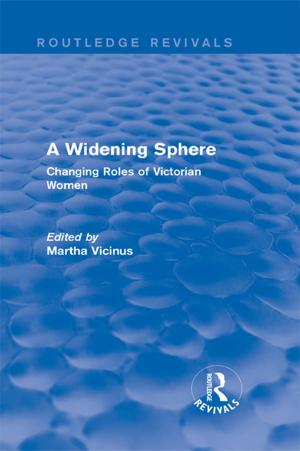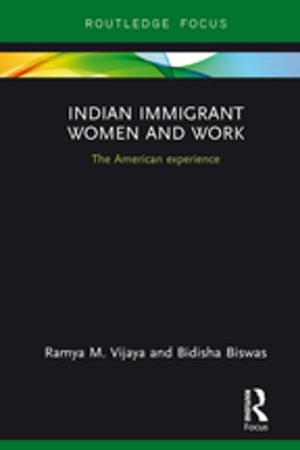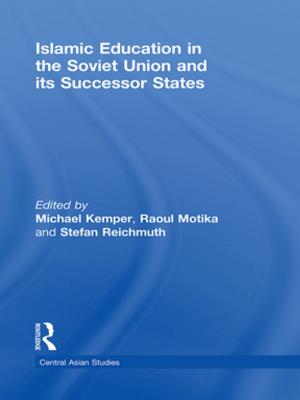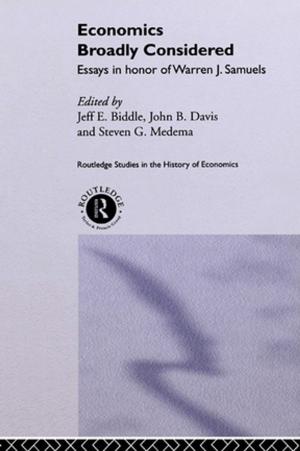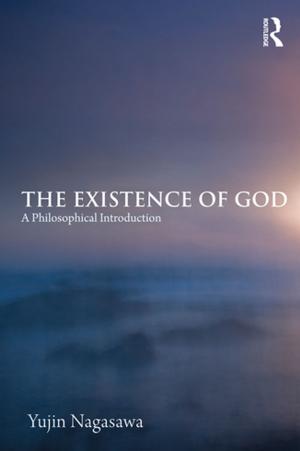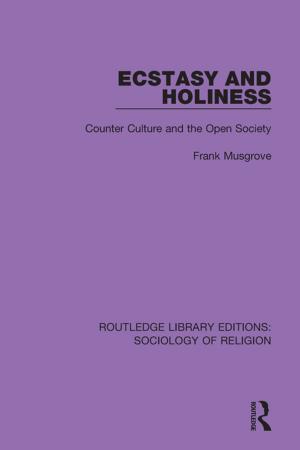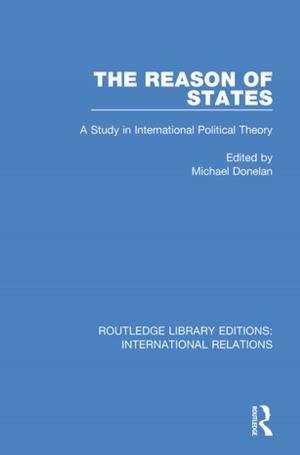The Spirit of Augustine's Early Theology
Contextualizing Augustine's Pneumatology
Nonfiction, Religion & Spirituality, Christianity, General Christianity| Author: | Chad Tyler Gerber | ISBN: | 9781317014881 |
| Publisher: | Taylor and Francis | Publication: | March 3, 2016 |
| Imprint: | Routledge | Language: | English |
| Author: | Chad Tyler Gerber |
| ISBN: | 9781317014881 |
| Publisher: | Taylor and Francis |
| Publication: | March 3, 2016 |
| Imprint: | Routledge |
| Language: | English |
St Augustine's pneumatology remains one of his most distinctive, decisive, and ultimately divisive contributions to the story of Christian thought. How did his understanding of the Spirit develop? Why does he identity the Spirit with divine love and cosmic order? And from what personal and literary sources did he receive inspiration? This examination of Augustine's pneumatology - the first book-length study of this important topic available - seeks answers in Augustine's earliest extant writings, penned during the years surrounding his famed return to the Catholic Church and the height of his efforts to synthesize Catholic theology and the Platonic philosophy of his day which had postulated a divine 'trinity' of its own. Careful analysis of these initial texts casts fresh light upon Augustine's more mature and well-known theology of the Holy Spirit while also illuminating on-going discussions about his early thought such as the nature and extent of his Platonic sympathies and the possibility that the recent convert remained committed to the divinity of the human soul.
St Augustine's pneumatology remains one of his most distinctive, decisive, and ultimately divisive contributions to the story of Christian thought. How did his understanding of the Spirit develop? Why does he identity the Spirit with divine love and cosmic order? And from what personal and literary sources did he receive inspiration? This examination of Augustine's pneumatology - the first book-length study of this important topic available - seeks answers in Augustine's earliest extant writings, penned during the years surrounding his famed return to the Catholic Church and the height of his efforts to synthesize Catholic theology and the Platonic philosophy of his day which had postulated a divine 'trinity' of its own. Careful analysis of these initial texts casts fresh light upon Augustine's more mature and well-known theology of the Holy Spirit while also illuminating on-going discussions about his early thought such as the nature and extent of his Platonic sympathies and the possibility that the recent convert remained committed to the divinity of the human soul.
